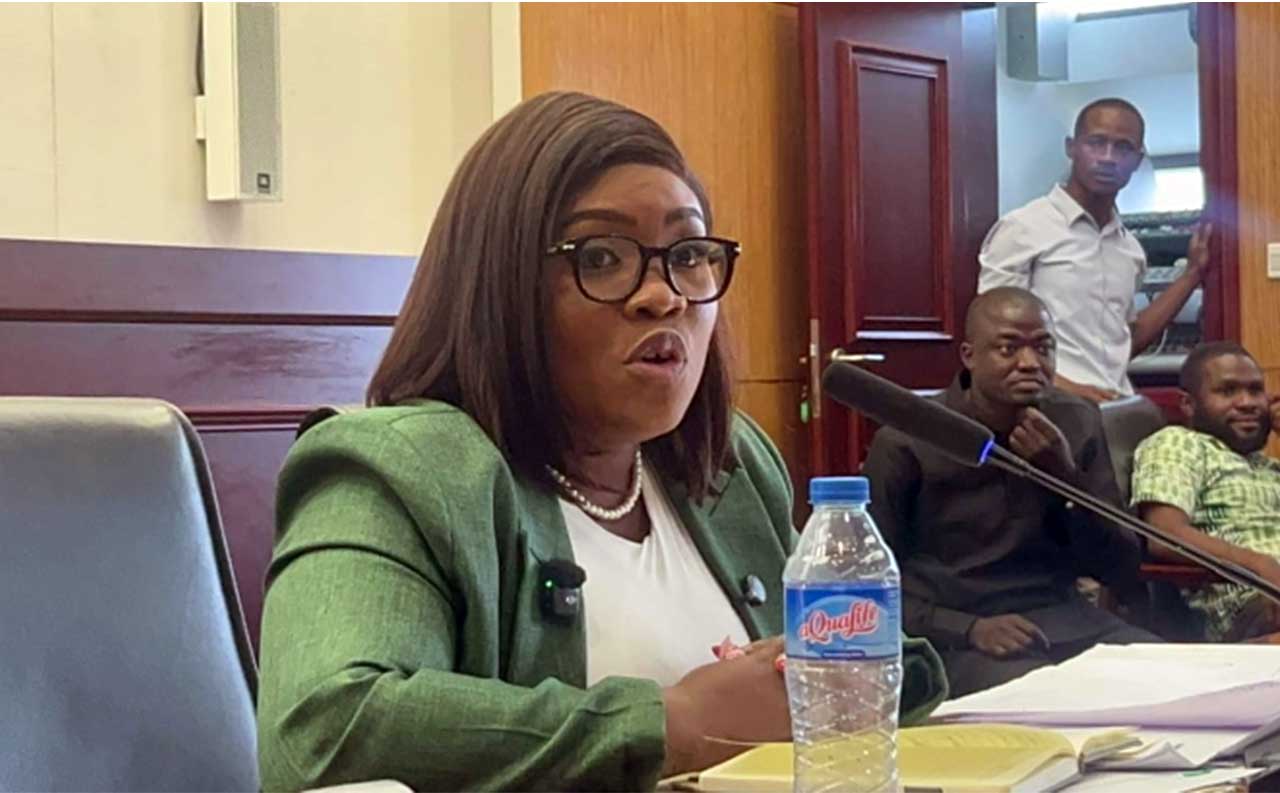The Ministry of Finance Development Planning has highlighted Fiscal Decentralization as key to the National Policy on Decentralization, as county local leaderships benefit from a three-day training
According to a press release, the Deputy Finance Minister for Fiscal Affairs, Anthony Myers has singled out fiscal decentralization as a stimulus to the implementation of the National Policy on Decentralization and Local Governance.
“We will make progress on the National Policy on Decentralization and Local Governance as quickly, as successfully and as efficiently as the pace at which we proceed with fiscal decentralization”, he said.
Myers said in spite of the challenges and potential risks, Liberia cannot afford to delay decentralization any further.
He holds the opinion that with the ongoing revenue mobilization efforts to increase the annual budget to one billion US Dollars, the present centralized bureaucracy cannot spend that amount efficiently and effectively.
”This is because the specific development challenges and constraints of the villages and hamlets, of the towns and townships, of the districts and counties and of the cities and conurbations are best known by the inhabitants and their local leaderships”, Myers stated.
He spoke at a recent three-day Fiscal Decentralization and Financial Management Training Session on Public Financial Management (PFM) Revenue Sharing Law and Local Government Act under the Theme: “Fiscal Decentralization Reform for Sustainable Development”, held in Buchanan City, Grand Bassa County.
According to him, the Local Government Act of 2018 requires local government officials to be subjected to the same legal requirements as national government officials based on the following: local financial management must be consistent with the Public Financial Management Act of 2009 (Section 4.33),
Furthermore, local governments will make financial reports as required by the Minister of Finance (Section 4.35); Local finances will be audited according to the national laws and regulations on audits (Sections 4.36 to 4.38); and Procurements and contracts will be subject to the Public Procurement and Concession Act and Regulations (Sections 4.38 and 4.39).
However, the Local Government Act provides a revenue sharing framework that will be spread over a ten-year period as of the effective date of the law which was September 2018.
Counties, cities, townships and boroughs will have four sources of revenue which include own-source revenues, central government transfers, social development funds and grants from external sources including development partners.
Meanwhile, Hon. Anthony Myers has expressed optimism that counties and other local administrations across the country are optimistic for potential benefits of entering some short-term liquidity management agreements with the Central Bank of Liberia to link temporary cash flow gaps.
According to him, the essence of entering some short-term liquidity management agreements with the Central Bank of Liberia is to link temporary cash flow gaps that will ensure accountability and transparency.
For her part, Ministry of Internal Affairs Deputy Minister for Operation, Hon. Selena Mappy said the process of fiscal decentralization and financial management are key to the full implementation of the local government Act.
According to her, the central Government needs to allow signing of some documents to be done at the County level where superintendents and other local officials will have access to procurement plans being approved.
She thanked the United Nations Development Program or UNDP and authorities of the Ministry of Finance and Development Planning for organizing such training for local county authorities allowing the full implementation of the Fiscal decentralization and Financial Management.
The training was attended by Superintendents, County Administrative Officers, County Finance Officers from the fifteen (15) counties, representatives from Governance Commission, Ministry of Internal Affairs, and officials, consultant and technicians from the Ministry of Finance and Development planning.



